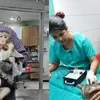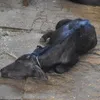This organisation is fighting the good fight for animal welfare and rights in India
The Federation of Indian Animal Protection Organisation (FIAPO) has been tackling a wide range of animal welfare issues through awareness campaigns and lobbying. And the impact has been significant – be it in the dairy industry or for animals in captivity.
Since its inception in 2010, the Federation of Indian Animal Protection Organisation (FIAPO) has been working to ensure welfare of animals in India by partnering with several animal rights protection organisations and activists in the country.
Touted to be one of the longest standing organisations working for farmed animals across the country, Delhi-based FIAPO, along with partner organisations, was able to put the brakes on India’s first mega dairy that was to be set up in Andhra Pradesh with over 40,000 cows. Varda Mehrotra, Executive Director at FIAPO, notes that the organisation was instrumental in stopping the import of embryos to India from New Zealand.
Today, it works with more than 130 members, 200 supporter organisations, and 1,000 individual activists in over 70 cities.
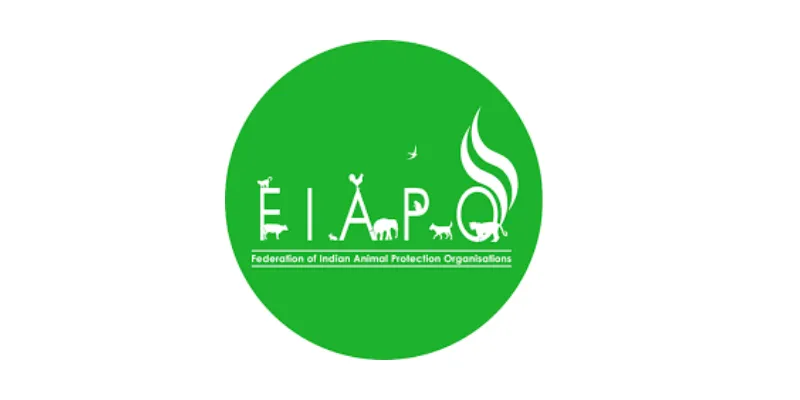
Image Credit: FIAPO.org
Birth of the organisation
Although registered in 2010, FIAPO was formed in 2007 in New Delhi, when several grassroots-level NGOs came together to form an organisation that works at a macro level for animals. The seven organisations that came together to form FIAPO were Blue Cross of India, Compassion Unlimited Plus Action (CUPA), People For Animals (PFA) Goa, Blue Cross of Hyderabad, Welfare of Stray Dogs India, Animal Aid Unlimited, and Sanctuary for Health and Reconnection to Animals and Nature (SHARAN)

FIAPO's Executive Director, Varda Mehrotra
Varda has worked in areas of social enterprises, and international development, and has worked extensively with a number of activists and organisations in both India and Scotland. She has designed and set up a number of local and national thematic networks for many animal issues, including the largest vegan advocacy network in India, now spanning over 70 cities.
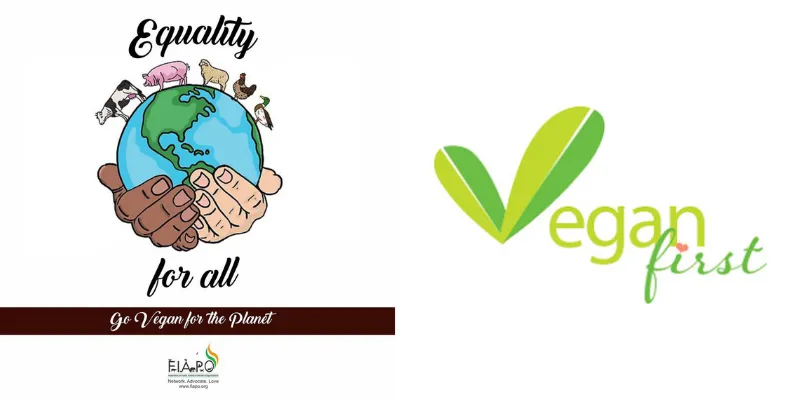
Image Credit: Veganfirst.com
“When FIAPO was first formed, it was with the vision of having a very coordinated network of grassroots’ movements that could work together on national issues and campaigns,” Varda adds.
As part of its efforts to convey the message of animal welfare and rights, FIAPO supports, trains, and collaborates on initiatives that spread awareness at the grass-root level, as well as keeps up the momentum by lobbying for better laws, and educating individuals.
“Through our organisation we aim to end the use of animals in any form of food and clothing, illegal slaughter, experimentation, entertainment, foster a positive human-companion animal relationship in streets and at homes, and improve the framework of animal protection in the country,” Varda explains.
The work so far
Varda says FIAPO has been running a range of nationwide campaigns such as one for farmed animals, the ‘Animals in Captivity’ campaign, as well as ‘Companion Animals’ campaign, movement building,
and ‘Personhood for Animals’.
The ‘Farmed Animals’ campaign aims to put an end to exploitative farming factory practices by educating and empowering individuals to adopt a cruelty-free lifestyle, and by making individuals cut down on the consumption of animal products in the market.
FIAPO’s #dontgetmilked campaign creates awareness about the ill-treatment of animals in the dairy industry through the use of digital advertising, while their #endexploitativedairies campaign focuses on bringing legislative reforms for the welfare of the dairy cattle.
1567581285036.png?fm=png&auto=format)
Image Credit: FIAPO.org
Koushik Raghavan, one of the early campaign leaders at FIAPO, says, “Having campaigns is absolutely necessary for us, as it is through these campaigns that we can liberate the most animal suffering.”
The impact
The campaign for animals in captivity aims to restore animals to their natural habitat, by removing them from confined spaces such as zoos and circuses. So far, FIAPO has managed to save 167 animals from 13 circuses across India, and has mobilised 114 activists from 45 organisations across 18 states.
The #EndcircusSuffering campaign was created to liberate animals from the clutches of circuses by implementing a complete ban on their captivity and use for entertainment purposes. One way FIAPO challenged these archaic practices was by collecting the postcards of children who wanted caged animals to be freed and sending them to the Government of India.

Image Credit: FIAPO.org
Another way has been by making sure that animals are freed from captivity by raising public awareness to the 2001 law, which states that “circuses performing with animals in India are required to be registered with the animal Welfare Board of India (AWBI) under the Performing Animal Registration Rules, as well as with the Central Zoo Authority (CZA) under the Recognition of Zoo Rules, 2009, if performing with exotic animals.
FIAPO has partnered with the state governments of Kerala, Punjab, Uttar Pradesh, and the local bodies in New Delhi to start a rabies prevention campaign, called ‘RabiesfreeIndia’, to address the senseless killing of street dogs in India, and the escalation of human and street dog related conflicts.
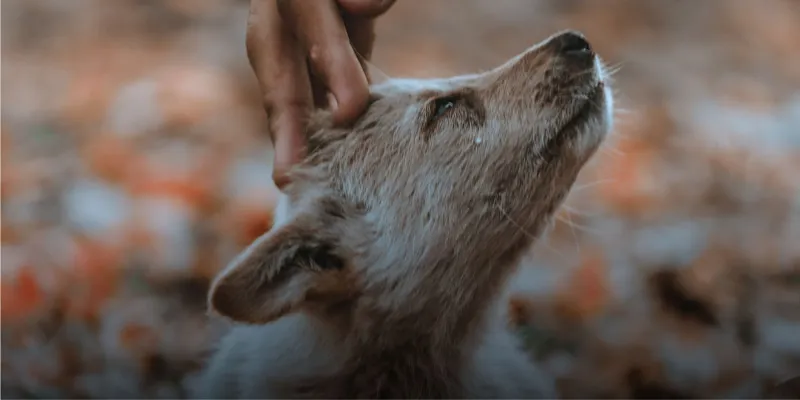
Image Credit: FIAPO.org
“Through ‘RabiesfreeIndia’ we not only protect street dogs but also provide counselling to victims to help them understand why a dog bite might have occurred in the first place. We educate individuals about the behaviour pattern of dogs when they are with their young pups, so that they can understand, don’t retain their fear, or have a negative attitude towards street dogs in the future,” says Koushik.
Varda says that the Legal Companion Action campaign was launched to ensure that street dogs are protected and free from animal cruelty and abuse. FIAPO has partnered with lawyers to defend stay dogs for this purpose.
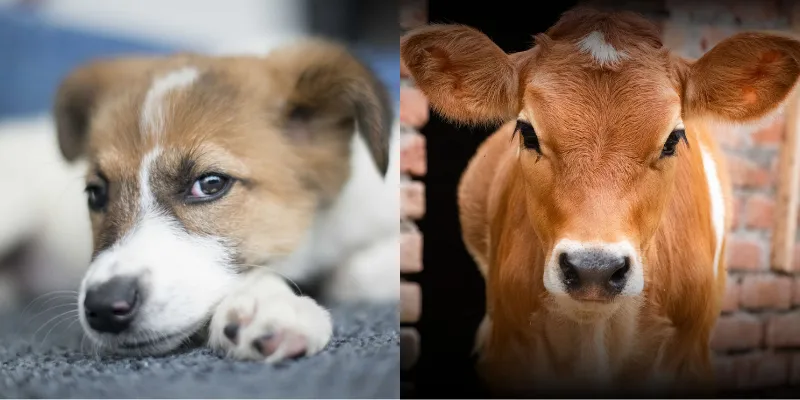
Image Credit: FIAPO.org
And a lot of the organisation’s work also revolves around the dairy industry.
“We have done significant undercover investigations in 10 states in the dairy industry and cow shelters on the basis of which we have compelled governments of seven states, namely Uttar Pradesh, Uttarakhand, Telangana, Tamil Nadu, Madhya Pradesh, Andhra Pradesh, and Haryana to adopt FIAPO recommended welfare guidelines for dairy management,” says Varda.
Additionally, FIAPO was able to ban the setting up of dolphinariums (like Sea World in the US) in India. By working with different stakeholders, they were able to persuade the Government of India to make a progressive policy by banning these facilities in the country.
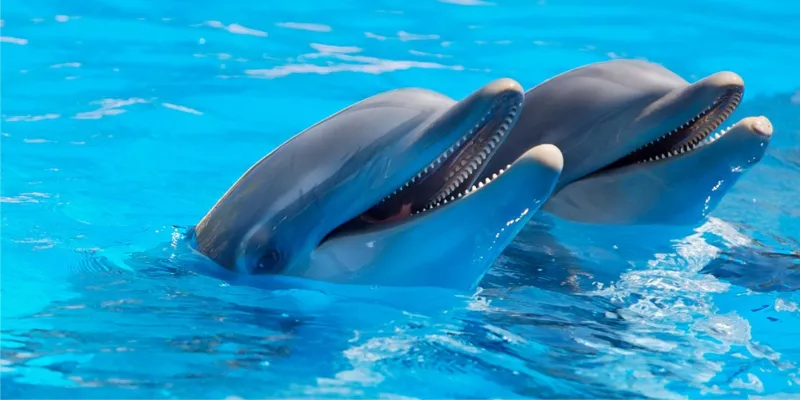
Image Credit: FIAPO.org
“FIAPO has managed to establish several networks over the last decade, whether it is for vegan advocacy, or people who volunteer to provide first aid for street dogs, or even stop illegal slaughter,” Varda signs off.
(Edited by Evelyn Ratnakumar)



